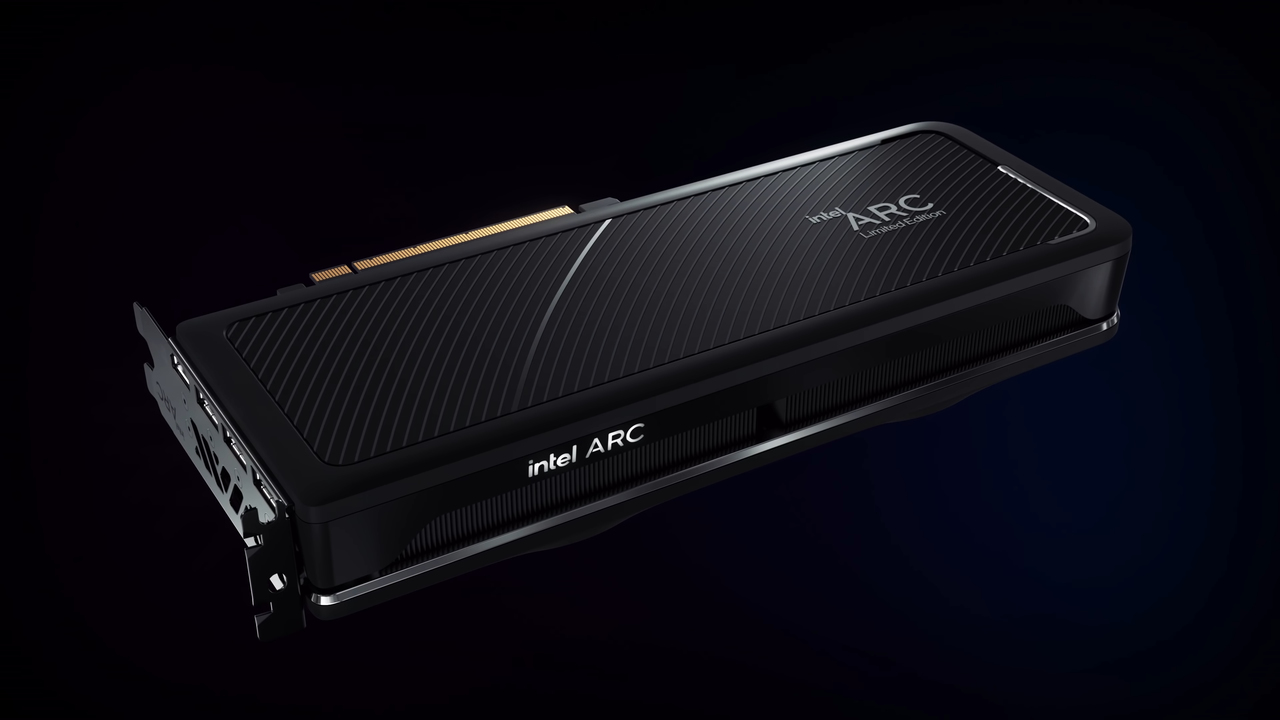
Five months have passed since the arrival of 2022, but Intel’s Arc Alchemist desktop graphics cards remain far from consumers’ hands. And this scenario may continue for a while longer, as new speculation suggests yet another delay for the launch of the products.
Announced at this year’s CES, Arc GPUs were scheduled to hit shelves in Q1 2022. It was later revealed that PC components would only arrive in Q2, but now, according to the portal Igor’s Labthe premiere should be postponed until August.
New delay of Arc Alchemist GPUs?
According to the portal, this new delay is linked to problems involving the components’ software. Apparently, big tech is working to optimize the driver for Arc Alchemist GPUs, in order to avoid crashes and provide “mature” software updates from the start.
The origin of the information is uncertain, but there is strong evidence for it. Last week, Intel announced the acquisition of Siru Innovations, a Finnish company specializing in graphics and software development. Like it or not, the purchase could be a sign that big tech is focused on ensuring decent driver support.
The gringo website also speculates that issues such as after-sales support, development of partner cards, game development and integration and commercial considerations are also threatening the release of Arc Alchemist cards until the end of June.
Image: Disclosure/Intel
On the other hand, other speculation suggests that Intel must meet the deadline for the debut in the second half. according to TechSpotindustry experts said Big Tech is reaching out to supply chain partners to accelerate the arrival of the desktop board lineup.
Some say that announcements should take place at the Computex event, which takes place between May 24th and 27th. Others believe that the Arc A580 and A750 models will be sold from Junewhile the A380 and A780 would arrive in July and August septemberrespectively.
The strongest rumor, however, is that Intel’s new line of PC GPUs will have low prices, enough to gain space in a market already dominated by AMD and Nvidia. The logic makes sense: if the technological architecture does not match those of rivals, the way is to win the consumer through the pocket.
It remains to be seen when (and if) this strategy will be put to the test.



